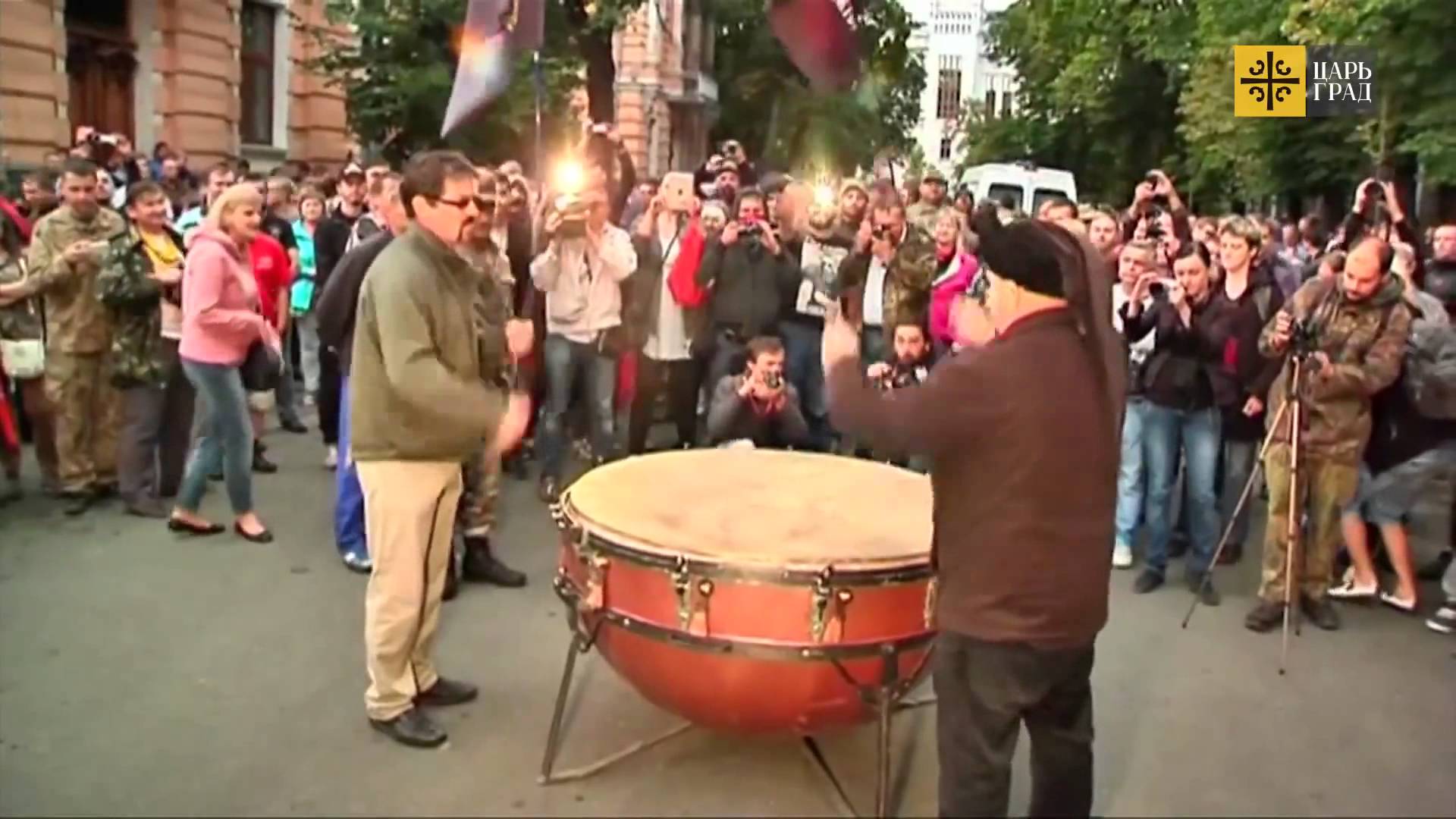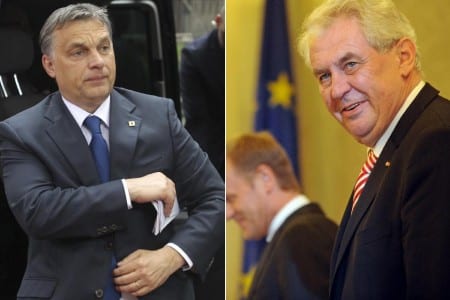In the context of continuing Russia aggression in the east of Ukraine, which proceeds to a chronic stage, events on its western borders remain in a relative shadow. Unfortunately, they are far from being conflict-free! While the eastern neighbor has visited Ukrainian territory on tanks, the Western prefer the soft force, money and manipulating sentiments. Though Hungary’s actions can be hardly referred to as impetuous, declarations and behavior of its officials give no grounds to doubt that western neighbors of Ukraine are always ready to use its internal and external problems.
The latest reason for concern was an appointment of the authorized Hungarian representative in Transcarpathia – the government’s representative who is responsible for development of the Ukrainian territory. The mere title of the position leads to a question whether that is an intervention in internal affairs of the sovereign state and in literal sense a step over the boundaries of peace neighborliness?
Whatever representations Hungarians have made with regard to sincerity of their intentions to develop Transcarpathia region and to support the ethnic Hungarians residing there, little by little Hungary interferes in affairs which by default fall under the scope of the sovereign state’s competence. Thus, the Hungarian parliament made an express stand against education act adopted by Ukraine in support of their language. The document provides for the protection mechanisms of Ukrainian by using it as basic language during school educational process without limitation to ethnic minorities. According to this law, beginning from the 5th form children of ethnic minorities shall study in Ukrainian, and learn their native language as a separate discipline. However, studying some disciplines in languages of EU states is not excluded.
Budapest has not only distorted the very meaning of the Ukrainian Act, having accused Ukraine, but even issued a resolution on this matter. The Hungarian parliament in its decision claimed that the Education Act outlaws all schools, higher education institutions and professional technical institutions which provide education in Hungarian. That is obvious and deliberate distortion of the Act. Also, deputies of the National Assembly of Hungary declare that educational process in languages of minorities becomes impossible though the Education Act provides for teaching several subjects in foreign languages, including Hungarian and Romanian.
The first meeting of Prime Minister Orban’s Government following the elections was marked by the adoption of the Memorandum on the Protection of the Transcarpathian Hungarians. The document was sent to the leaders of all NATO member states and the Secretary General of Alliance. In the memorandum the Hungarian government suggests NATO member states to consider “the problems of ethnic minorities in Ukraine related to the Ukrainian laws”.
To this end, manipulations by Euro-Atlantic aspirations of Ukraine are used as well. For instance, Foreign Minister of Hungary Peter Szijjártó emphasized that Hungary will not support rapprochement of Ukraine with NATO unless Kiev “stops encroachments upon the Hungarian minority”. In support of this statement Budapest proceeded to blocking up organisation of the Ukraine-NATO Commission’s meeting.
What are then the reasons for so strong counteraction of Hungarians to the implementation of such basic right as using of a state language in education by Ukraine?
Primarily, all this actions creates prerequisites for the probable scenario of stirring autonomist intentions in Transcarpathia region. Hungarian officials deny such charges in every possible way, though contribution of the Hungarian nationalists can be traced at the informal level, as long as they call certain regions of Ukraine their territory.
Secondly, at the latest parliamentary elections Hungary’s ‘passport policy’ in Ukraine provided support of ethnic Hungarians to Fidesz party, which expresses more and more Euroskeptical spirits. Modern Hungarian elites, similarly to those in Russia with their “Russian World” project, try to revive previous regional influence of the Austro-Hungarian Empire by means of ethnic Hungarians and pro-Hungarian public organizations, advancing the ideas of Hungarian autonomies within the territory of other states.
Perhaps such similarity of imperial aspirations and purposes allows Hungarians to perceive Russia as such “strategic partner” which can facilitate “restoration of historical justice” for quite insignificant concessions from the Hungarian side, and help Hungarians to reunite or even to return some lands.
If Budapest achieves their purposes and the Ukrainian Education Act will get amendments for their benefit, Transcarpathia in the nearest future will be completely madiarised and will lose language and cultural ties with a maternal part of Ukraine. Such approach perfectly meets the Russian plans for the partition of the Ukrainian lands.
By all means, Moscow encourages the Hungarian expansion to Transcarpathia not for nothing. They have repeatedly used Budapest for pressure upon Kiev. In 2015 after Mr. Orban’s visit to Moscow official Budapest refused to resell the Russian gas to Ukraine. At the same time Mr. Orban makes conciliatory declarations about the conflict in Donbas, levelling Russia’s participation in the armed conflict. Avoiding mentioning sanctions, he on the contrary calls to conciliation with an aggressor in exchange for economic sops, causing disruption of international law and order.
As a result, Ukraine appears between two states which prepare a ground for reconstruction of their ‘great empires’ of previous centuries upon the unspoken consent of the EU leaders. And if one of them makes it in the way of uncovered aggression, then another uses to this end covert and short, though not less decisive steps.

